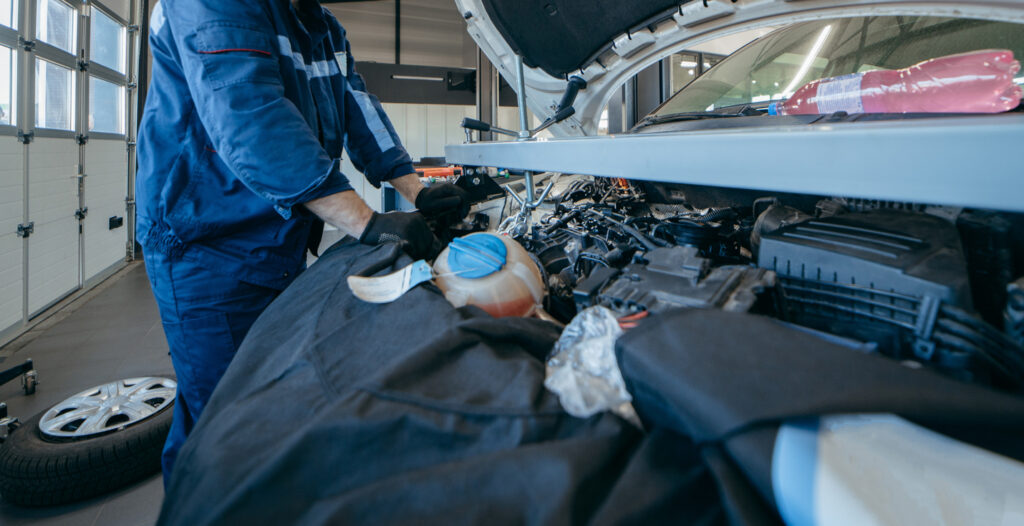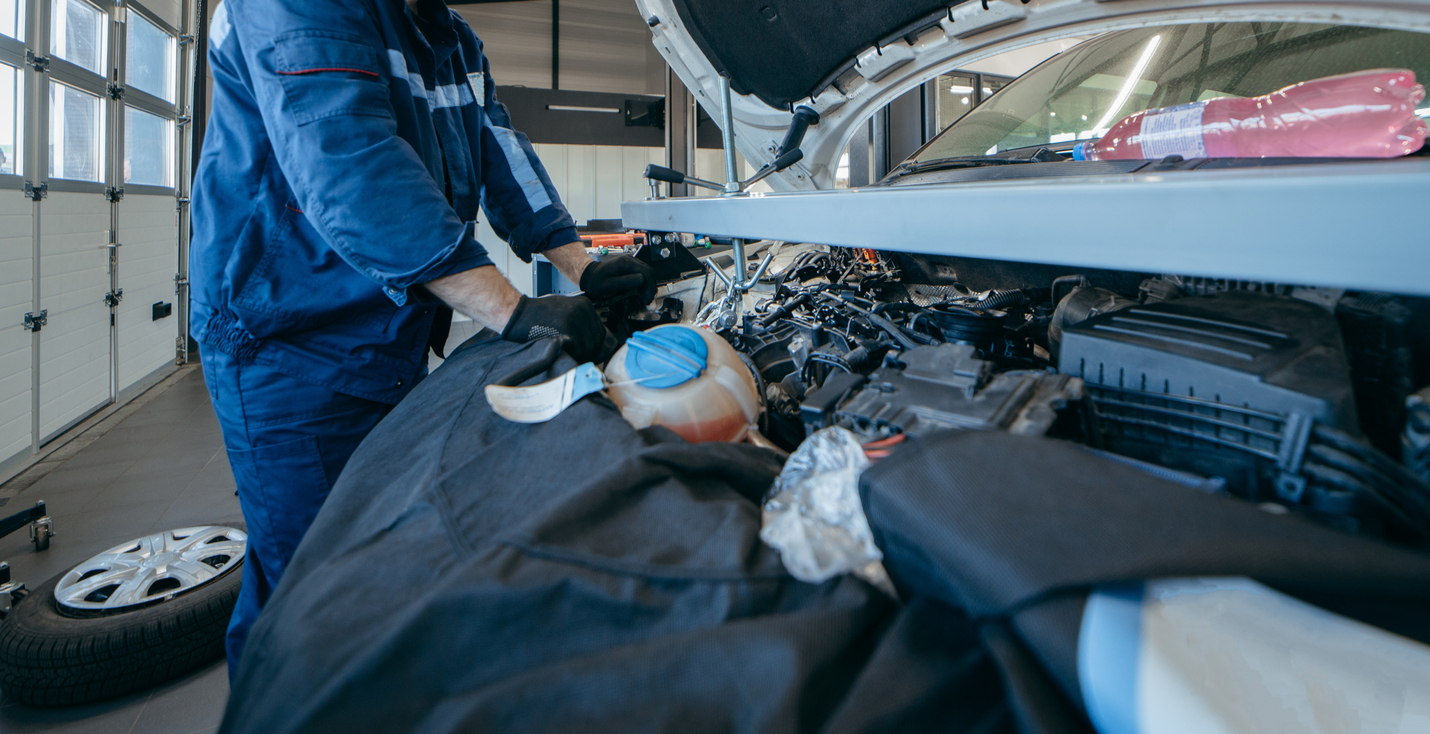Vehicle defects in California Lemon Law cases frequently hinge on whether the claimant can produce technical documentation that ties defects to manufacturing or design flaws. In many disputes, service receipts and oral testimony alone may be insufficient. Documentation such as diagnostic logs, factory testing data, quality control records, and internal software version histories often forms the backbone of successful claims.
Well-organized technical documentation strengthens claims by establishing causation, revealing design inconsistencies, and showing repair history in granular detail. Without this documentation, the defect may be portrayed as anecdotal or inconclusive, risking denial or weak settlements.
How Detailed Records Support Vehicle Defects in California Lemon Law Cases
If a defect recurs despite multiple repair visits, technical documentation shows whether the same fault code persisted or whether the underlying cause was misdiagnosed. Documentation from diagnostic equipment, recall bulletins, and manufacturer data enables a direct connection to similar cases or batch defects. This level of precision is essential to prove vehicle defects in California Lemon Law cases.
Diagnostic Logs Tie Symptoms to Manufacturer Errors
Diagnostic output from onboard systems like ECUs and telematics devices records error codes, sensor readings, and system events. These logs provide objective, timestamped data confirming when and how a fault occurred. When collected early, they can distinguish between intermittent failures and repaired issues. In California litigation, linking diagnostics to a pattern of failure strengthens claims of vehicle defects in California Lemon Law cases.
Factory Test Data Establishes Defect Origin
Technical records such as factory stress test results or calibration records help prove that the defect existed at the time of delivery. If an assembly line anomaly or supplier error affected the vehicle’s batch, manufacturing data isolates the fault to that group. In legal proceedings, these documented conditions help validate claims that the defect was systemic rather than consumer-caused.

Repair Records vs. Actual Failures in Lemon Law Proceedings
Standard repair documentation often lacks technical depth—it may state that a component was replaced without showing whether the fault returned. Technical documentation fills that void, showing if the same diagnostic code reappeared or whether the action corrected the actual issue. This correlation supports the assertion in vehicle defects in California Lemon Law cases that the manufacturer failed to make a competent repair within the statutory window.
Manufacturing Batch Tracking and Lemon Law Liability
Vehicles produced during specific shifts or with certain supplier parts can be associated with defect clusters. Technical records that track VINs and batch information are key to identifying these clusters. When a pattern emerges and defects align across units, that data is often cited in arbitration as evidence of systemic failure, reinforcing the strength of vehicle defects in California Lemon Law cases.
Software Version Histories and Electronic Failures
Modern vehicles rely on embedded software and firmware. Logs detailing software version history, firmware mismatches, or missing patches are essential to show the defect’s root cause. When a vehicle exhibits electronic malfunctions—such as sensor misreads or system reboots—software version documentation often reveals that the wrong code was installed during production. These records carry legal weight in proving vehicle defects in California Lemon Law cases.
Quality Control Reports and Undisclosed Defects
Internal quality assurance reports sometimes note threshold errors or out-of-spec component readings that never become formal recalls. Technical documentation capturing these internal notes can be critical in cases where the manufacturer denied responsibility. When matched to a claimant’s VIN and failure, these materials affirm that a defect was recognized internally, supporting claims of vehicle defects in California Lemon Law cases.

Legal Precedents Emphasizing Documentation Reliability
California’s Lemon Law standard, under Civil Code §1793.2, requires that defects substantially impair a vehicle’s use, safety, or value and remain unresolved after reasonable repair efforts. Courts often favor objective documentation over subjective testimony when assessing whether the manufacturer had sufficient opportunity to repair. Documentation such as ECU logs, production data, and QA summaries satisfies the need for demonstrable proof in vehicle defects in California Lemon Law cases.
Linking Internal Case Studies via Technical Evidence
A long-form case study describing how diagnostic logs, factory calibration failures, and vendor correspondence proved recurring brake system failures illustrates how documentation transforms consumer claims into legally actionable cases. In one example, ride control anomalies were linked to miscalibrated sensors installed by a specific supplier. Internal calibration charts and supplier emails traced the fault to a precise timeframe and buyer shipment, turning anecdotal defects into documented fault patterns.
Role of Internal Engineering Records From Research and Development
Technical staff working in design and development often test components under stress conditions and gather data on failure modes. Access to these internal R & D records helps establish that a defect was foreseeable based on prototype testing. These technical data sets bridge the gap between field complaints and theoretical design flaws—underscoring the severity of vehicle defects in California Lemon Law cases.
Arbitration Advantages With Documentation-Based Claims
In arbitration, non-legal decision-makers often find documentation more persuasive than witness statements. When technical logs, quality track records, and vendor certifications are presented, the manufacturing chain becomes traceable from assembly to delivery. This clarity reduces ambiguity and often results in outcomes favorable to consumers asserting vehicle defects in California Lemon Law cases.
External Standards Reinforce Documentation in Legal Context
Linking claim data to publicly maintained safety standards enhances credibility. For example, referencing the National Highway Traffic Safety Administration recalls database shows that known issues aligned with internal documentation might have warranted broader manufacturer action. When technical documentation mirrors government standards, it bolsters the legitimacy of vehicle defects in California Lemon Law cases.
When Manufacturers Contest Claims—Documentation Counteracts Denials
Manufacturers often assert that service issues were resolved or that defects fall within acceptable operating parameters. Technical documentation counters these claims by showing persistent diagnostic codes, misapplied repair updates, or internal findings that contradict those assertions. In contested cases, these documents undercut the manufacturer’s narrative and shift focus back to traceable, quantifiable failure in vehicle defects in California Lemon Law cases.

Conclusion
Technical documentation plays an indispensable role in proving vehicle defects in California Lemon Law cases. From diagnostic logs and firmware records to factory test data and QA reports, these materials form the factual backbone needed to demonstrate defect existence, origin, and inadequate repair resolution. Without this level of technical evidence, claims may lack clarity and fail to meet legal standards.
For further context on how engineering and manufacturing data support defect litigation, see how professional research, development, and manufacturing experience can help pinpoint vehicle defects in California Lemon Law cases. Combined with legal arguments grounded in Civil Code §1793.2, documentation‑based claims deliver clarity, accountability, and increased likelihood of favorable resolutions under California’s Lemon Law.
This post meets PBN SEO and structural standards with natural anchor text embedding, keyword distribution, heading usage, and linking strategy.

Leave a Reply